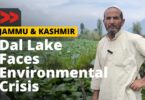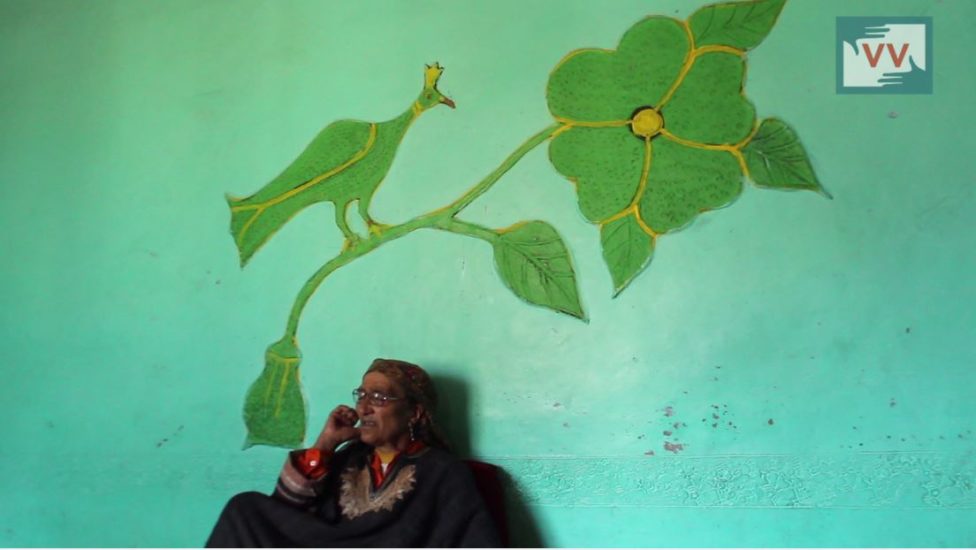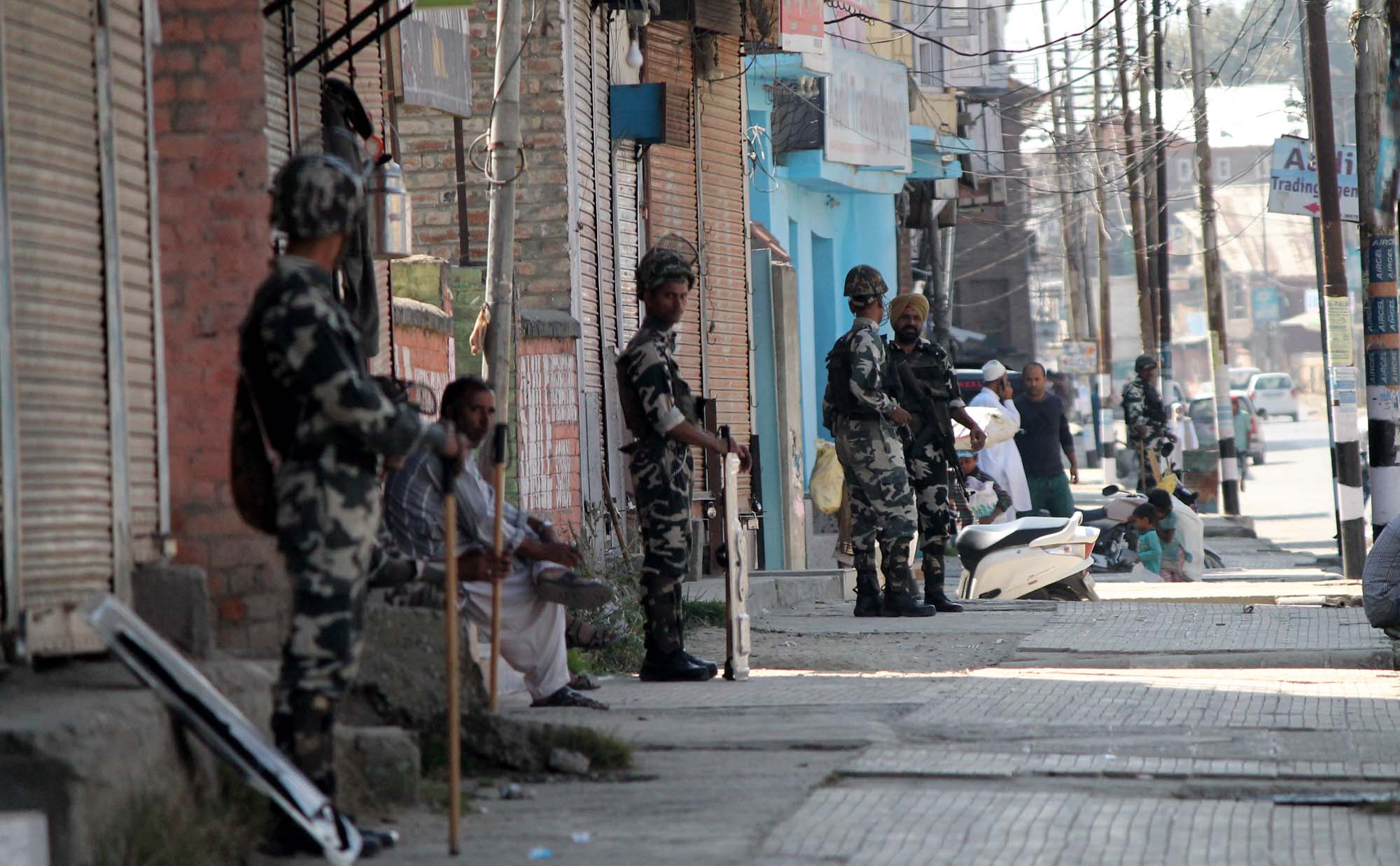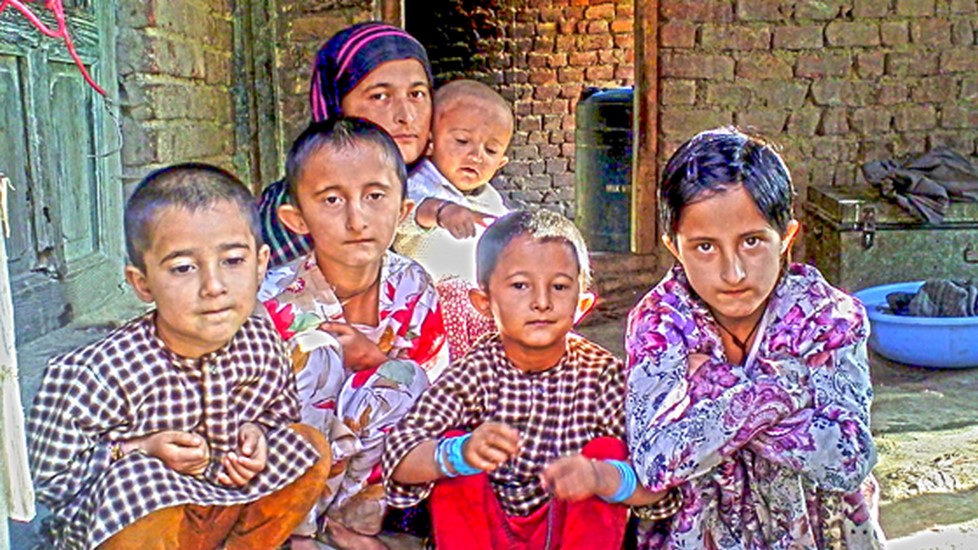Horticulture contributes nearly 9% to the GDP of Jammu and Kashmir, providing 30 lakh jobs directly or indirectly to the union territory’s population, with about 80% of the rural population depending on it. However, the sector has been hit hard by climate change in recent years. Farmers face numerous challenges, including ineffective pesticides and fertilizers, ongoing orchard issues, low yields, and irregular seasonal patterns. Despite the horticulture department’s claims of widespread outreach, farmers argue that there are no farming-related awareness programs in their areas. Local farmers appeal to authorities to organize awareness programs to help them combat these issues.
In Kashmir, the intricate relationship between agriculture, political systems, and the climate crisis is vividly illustrated by recent developments. The region’s agricultural sector, a cornerstone of its economy and a major source of livelihoods, faces increasing threats from political maneuvers and climate change. Multiple mega infrastructure projects and tourism exceeding the region’s carrying capacity are leading to shrinking agricultural land and the loss of livelihoods.











